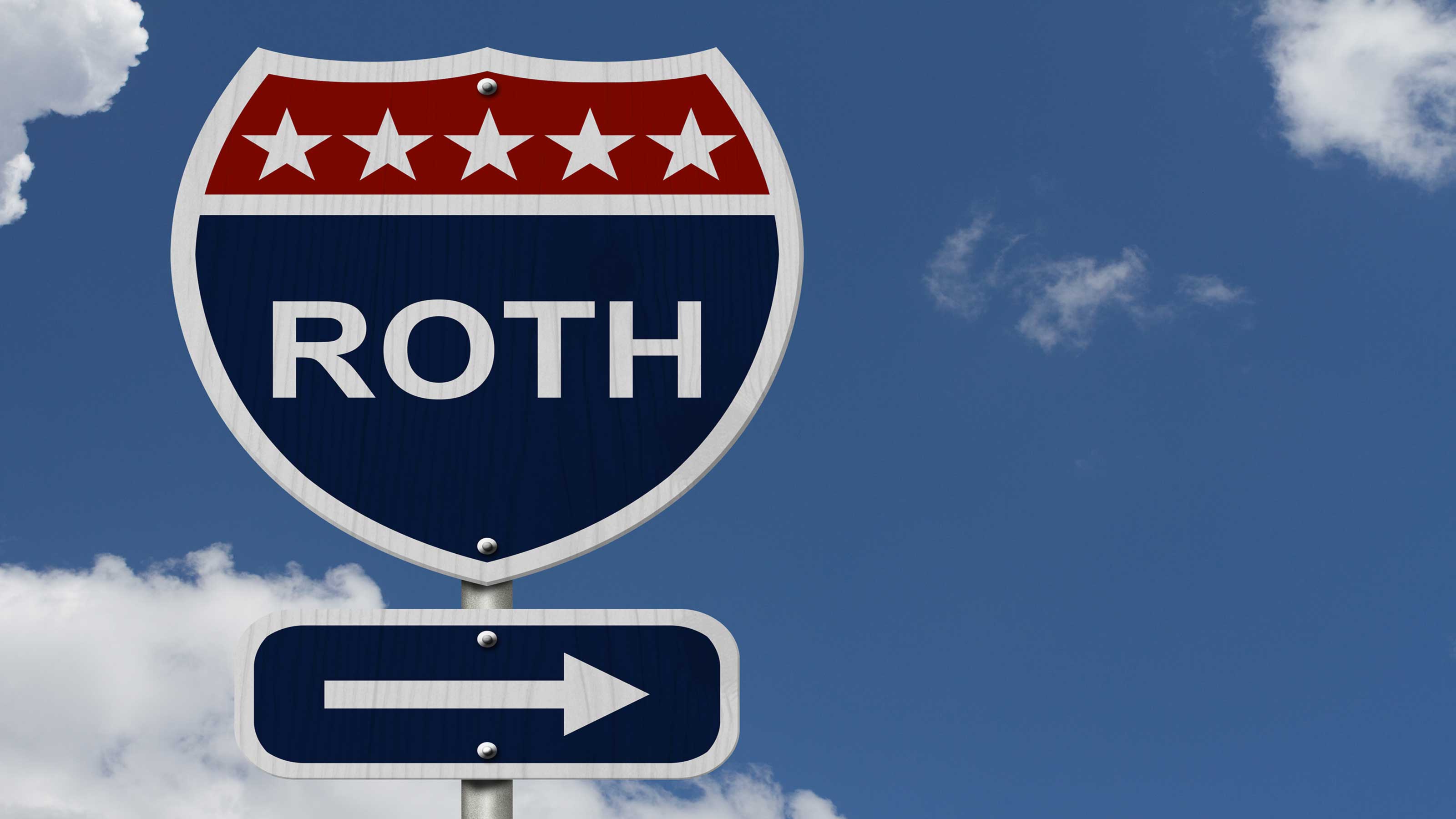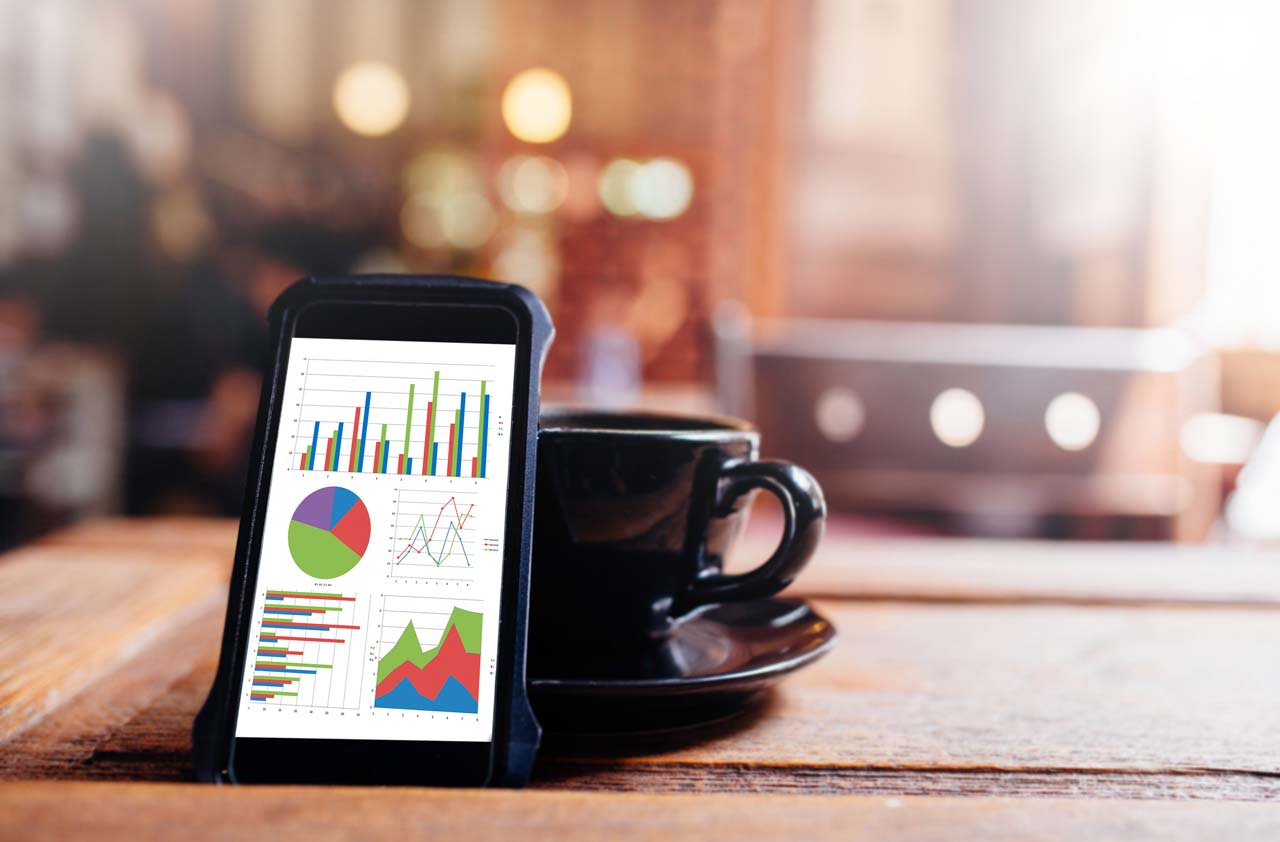Investing in a Target-Date Fund
Young savers can benefit from holding a target-date fund in a retirement portfolio -- as long as they understand the risks.
Profit and prosper with the best of Kiplinger's advice on investing, taxes, retirement, personal finance and much more. Delivered daily. Enter your email in the box and click Sign Me Up.
You are now subscribed
Your newsletter sign-up was successful
Want to add more newsletters?

Delivered daily
Kiplinger Today
Profit and prosper with the best of Kiplinger's advice on investing, taxes, retirement, personal finance and much more delivered daily. Smart money moves start here.

Sent five days a week
Kiplinger A Step Ahead
Get practical help to make better financial decisions in your everyday life, from spending to savings on top deals.

Delivered daily
Kiplinger Closing Bell
Get today's biggest financial and investing headlines delivered to your inbox every day the U.S. stock market is open.

Sent twice a week
Kiplinger Adviser Intel
Financial pros across the country share best practices and fresh tactics to preserve and grow your wealth.

Delivered weekly
Kiplinger Tax Tips
Trim your federal and state tax bills with practical tax-planning and tax-cutting strategies.

Sent twice a week
Kiplinger Retirement Tips
Your twice-a-week guide to planning and enjoying a financially secure and richly rewarding retirement

Sent bimonthly.
Kiplinger Adviser Angle
Insights for advisers, wealth managers and other financial professionals.

Sent twice a week
Kiplinger Investing Weekly
Your twice-a-week roundup of promising stocks, funds, companies and industries you should consider, ones you should avoid, and why.

Sent weekly for six weeks
Kiplinger Invest for Retirement
Your step-by-step six-part series on how to invest for retirement, from devising a successful strategy to exactly which investments to choose.
When I turned 25, part of my quarter-life crisis -- in addition to the overwhelming '90s nostalgia -- was the desire to overhaul my retirement portfolio. I wanted something that fit my tolerance for risk (high) and my tolerance for spending time rebalancing my holdings (low). As I researched my employer's 401(k) offerings, I kept running across a target-date-fund option. It fit my investing style to a tee. A few days later, I filled out the paperwork and wished my old retirement portfolio, baby bye, bye, bye.
What are target-date funds? Target-date funds are actively managed mutual funds that hold a mix of assets, mostly stocks and bonds. The "target" in a target-date fund is the approximate year you plan to retire. To reduce the risk level of your portfolio as retirement nears, fund managers gradually shift holdings to a more conservative mix. Funds typically decrease the percentage of stocks (perceived as more risky) and increase the percentage of bonds (less risky) as you approach your last workday.
Let's say you're 25 years old and plan to retire in about 40 years. You'd invest in a 2050 target-date fund. Today, your portfolio might be about 90% stocks. By the time you retire, your stock holdings might be 50% or less, depending on your fund's post-retirement strategy. (More on post-retirement strategies below.)
From just $107.88 $24.99 for Kiplinger Personal Finance
Become a smarter, better informed investor. Subscribe from just $107.88 $24.99, plus get up to 4 Special Issues

Sign up for Kiplinger’s Free Newsletters
Profit and prosper with the best of expert advice on investing, taxes, retirement, personal finance and more - straight to your e-mail.
Profit and prosper with the best of expert advice - straight to your e-mail.
Target-date funds can meet the three key requirements of a good retirement fund, says Paul Markowich, of Firstrust Financial Resources in Philadelphia: diversified holdings, regular rebalancing, and risk reduction as retirement gets closer. "If you're not going to do those three things on your own, then a target-date fund is a great solution," he says.
Is a target-date fund right for you? Target-date funds, in my opinion, are especially well-designed for young, inexperienced investors. Let's face it: My 20-something friends and I don't spend Friday nights researching market trends and rebalancing our portfolios. Nor do we visit financial advisers to create tailored retirement plans.
In fact, several of my pals don't know which funds make up their 401(k)s, even though chances are good that they hold a target-date fund. A 2006 law made it okay for employers to automatically enroll you in one if you don't choose another investment.
Other friends simply squirrel extra income into a savings account, a dreadful idea considering today's meager interest rates. We newbie investors would be better off abandoning our scrappy ways and investing in a target-date fund.
Understand the risks. Along with the potential rewards of target-date funds come risks. Top of the list is volatility. Because we're young, our funds are loaded with stocks. That means that when the stock market dives, our target-date funds dive as well.
Don't panic. Because we have decades before retirement, there's time to recoup losses as long as you stay invested. Resist the urge to withdraw from your fund -- or to cash out of the market completely. "It really comes to having a plan and sticking to it," says Mary Lacey Gibson, a certified financial planner in San Juan Bautista, Cal. "Don't let emotions get in the way."
It's also important to understand that some target-date funds are designed to get you to your retirement date, while others strive to get you through a retirement that could last 20 years or more. There's a big difference between these two post-retirement strategies.
Read a fund's prospectus, paying careful attention to the section titled "Primary Investment Strategies." For example, the Fidelity Freedom 2050 fund (FFFHX) aims to reach its most conservative asset mix approximately 10 to 15 years after its 2050 target date; Vanguard Target Retirement 2050 (VFIFX), within seven years.
Find the right target-date fund. In some cases, you won't have a choice of target-date fund families. If your employer matches a percentage of your 401(k) contributions, strongly consider its target-date offering. After all, a company match is free money!
But for anyone looking outside an employer-sponsored plan, there are choices. Among the best are the three biggest providers of target-date funds: Fidelity, T. Rowe Price and Vanguard. Together they claim about 75% of the market.
The funds vary when it comes to fees, number of holdings and post-retirement strategy, so it pays to compare target-date funds. T. Rowe Price, for example, has the most aggressive balance of stocks and bonds at retirement. Vanguard charges the lowest fees. And Fidelity's funds have the longest track record.
You can tweak your target date to fit your risk tolerance, says Firstrust Financial's Markowich. Say you want a more conservative portfolio when you retire. Try investing in a fund with a target date ten years before your planned retirement. That means a 25-year-old investor would funnel savings into a 2040 fund instead of a 2050 fund. Alternatively, a conservative 25-year-old could put 75% of savings into a 2050 target-date fund and 25% into a fixed-income fund.
Profit and prosper with the best of Kiplinger's advice on investing, taxes, retirement, personal finance and much more. Delivered daily. Enter your email in the box and click Sign Me Up.
Susannah Snider worked as a research-reporter and staff writer at Kiplinger Personal Finance Magazine. She went on to serve as managing editor for money at U.S. News, overseeing articles and content covering real estate, personal finance and careers. She is a certified financial planner professional and earned her CFP marks in 2019.
-
 Over 65? Here's What the New $6K 'Senior Deduction' Means for Medicare IRMAA Costs
Over 65? Here's What the New $6K 'Senior Deduction' Means for Medicare IRMAA CostsTax Breaks A new deduction for people over age 65 has some thinking about Medicare premiums and MAGI strategy.
-
 U.S. Congress to End Emergency Tax Bill Over $6,000 Senior Deduction and Tip, Overtime Tax Breaks in D.C.
U.S. Congress to End Emergency Tax Bill Over $6,000 Senior Deduction and Tip, Overtime Tax Breaks in D.C.Tax Law Here's how taxpayers can amend their already-filed income tax returns amid a potentially looming legal battle on Capitol Hill.
-
 5 Investing Rules You Can Steal From Millennials
5 Investing Rules You Can Steal From MillennialsMillennials are reshaping the investing landscape. See how the tech-savvy generation is approaching capital markets – and the strategies you can take from them.
-
 Why You Need a Roth IRA
Why You Need a Roth IRARoth IRAs With this indispensable savings tool, your money grows tax-free, you can invest in almost anything and you get several cool perks.
-
 How $5 and the Stash App Turned Me Into an Investor
How $5 and the Stash App Turned Me Into an Investorstocks Super-low minimums and smartphone accessibility make it easy for young investors to learn the ropes.
-
 5 Things New College Grads Really Need to Know About Money
5 Things New College Grads Really Need to Know About Moneyinvesting These tips from financial professionals can help you enter the real world on the right foot.
-
 6 Savings Tips for Millennials Who Want to Retire Rich
6 Savings Tips for Millennials Who Want to Retire Richretirement Take advantage of the decades you have before retirement to establish good savings habits and benefit from the magic of compounding.
-
 5 Tips for Beginning Investors
5 Tips for Beginning InvestorsFinancial Planning Kiplinger's Personal Finance editor Janet Bodnar shares our best investing advice in a letter to her son -- and any twentysomething looking to get into the market.
-
 The Best Money Advice My Dad Ever Gave Me
The Best Money Advice My Dad Ever Gave Meretirement Papa Rapacon has successfully retired by taking calculated risks and educating himself about finances.
-
 Free Money for Retirement
Free Money for Retirementretirement If your company matches contributions, you’ve got a head start.
-
 10 Financial Commandments for Your 30s
10 Financial Commandments for Your 30spersonal finance After establishing a solid financial foundation in your 20s, use the next decade of your life to keep building and protecting your wealth.